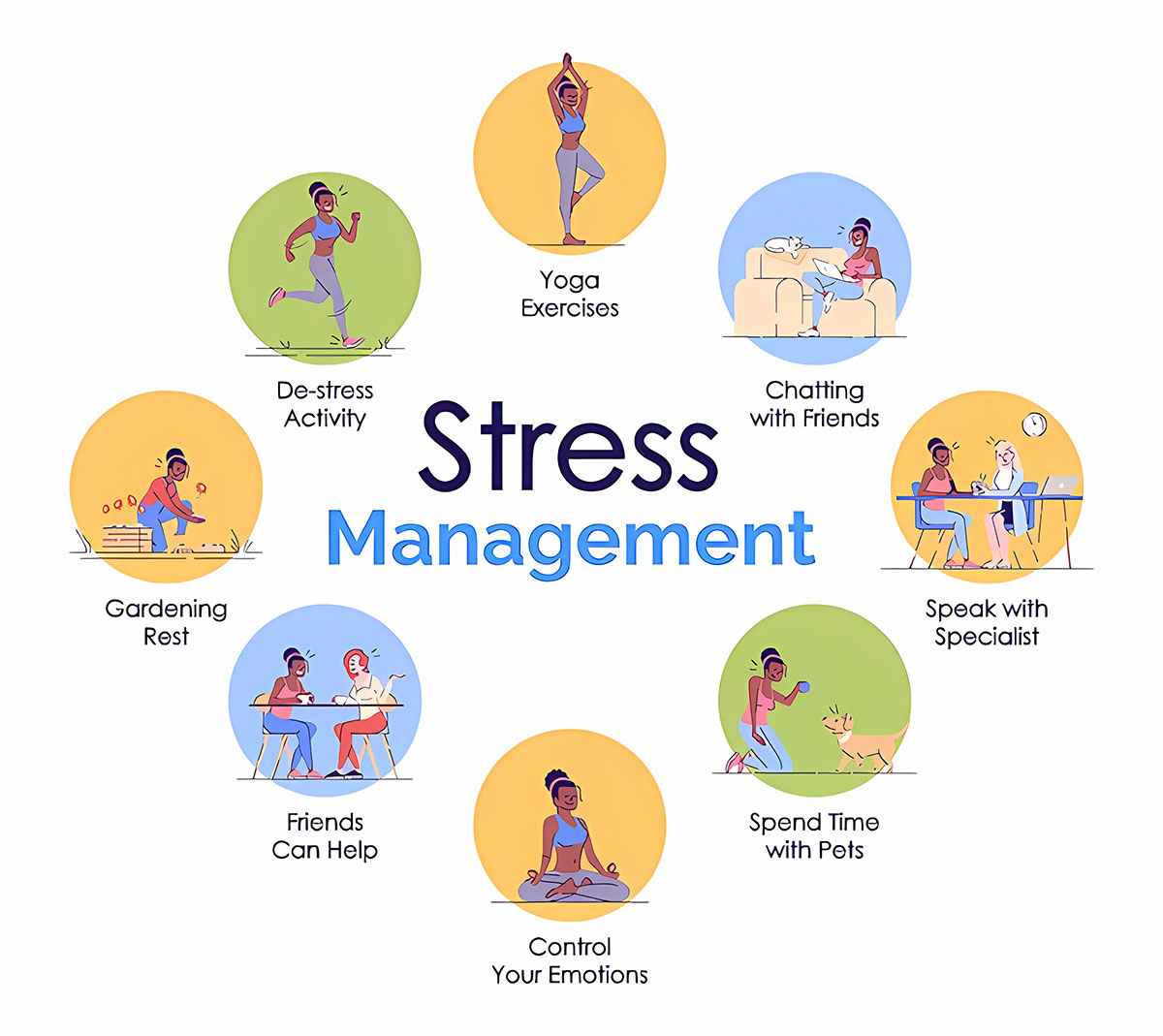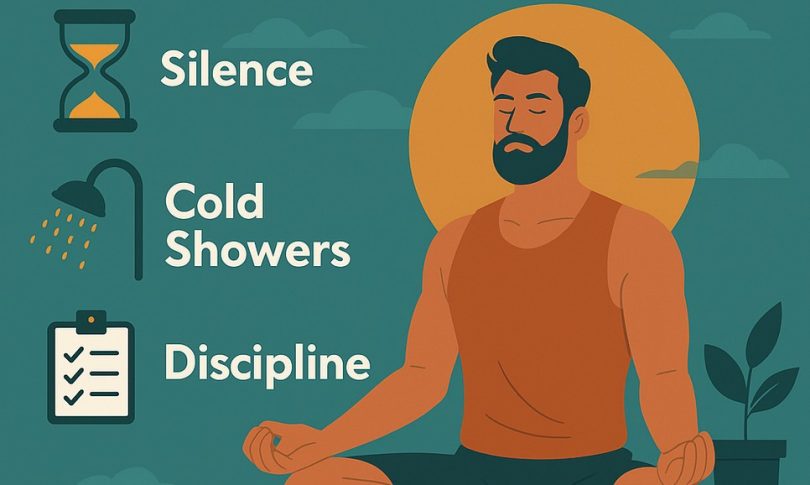Chronic tension is an often overlooked, yet significant factor impacting our health. This article explores the connection between these two aspects, providing insights into how ongoing stress can lead to serious physical health problems.
Table of Contents
Stress’s Impact on the Body
Tension is more than just a state of mind. It triggers a physical reaction in your body, leading to a wide range of health effects. The key to understanding the link between these two aspects lies in the body’s response to stressful situations. During times of tension, our bodies produce hormones such as adrenaline and cortisol that prepare us for a ‘fight or flight’ response. While this response can be lifesaving in immediate, short-term situations, chronic exposure can lead to health issues.
Long-Term Health Consequences of Stress
Chronic tension, when you’re constantly in a state of high alert, can have serious implications for your physical health. It can lead to high blood pressure, heart disease, diabetes, and other illnesses. Furthermore, chronic tension can also weaken your immune system, making you more susceptible to infections. It can affect your digestive system, leading to issues like ulcers and irritable bowel syndrome. It’s also linked to mental health disorders like depression and anxiety.
Promoting Wellness Through Stress Management

While we can’t always prevent tension, we can control how it affects us. Healthy lifestyle choices such as a balanced diet, regular exercise, and adequate sleep can go a long way in managing stress levels and improving our overall health. Regular exercise is a powerful stress reliever because it produces endorphins, chemicals in the brain that act as natural painkillers and mood elevators. Balanced diets provide the nutrients your body needs to cope with stress, while adequate sleep ensures your body and brain have time to recover from stressful events.
Helpful Tips for Easing Tension

There are many effective strategies for managing stress. This includes practicing mindfulness and meditation, which have been shown to reduce stress levels. Relaxation techniques such as deep breathing, massage, and yoga can also be beneficial. Additionally, maintaining a strong social network can help you navigate through stressful times. It’s important to remember that everyone is different, so what works for one person may not work for another. Experiment with different techniques to find what works best for you.
Final Thoughts on Stress and Health

Understanding the connection between tension and well-being is crucial for maintaining a balanced lifestyle. By recognizing the signs of chronic tension and taking steps to manage it, we can protect our health and well-being. It’s also important to remember that stress management is not a one-size-fits-all solution. What works for one person may not work for another. Therefore, it’s important to experiment with different strategies and find what works best for you. By doing so, you’re not just reducing your tension—you’re improving your overall health and quality of life.







